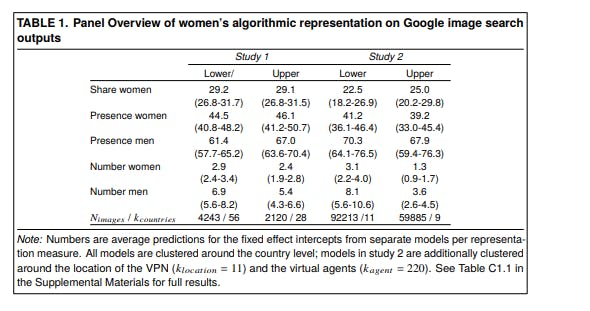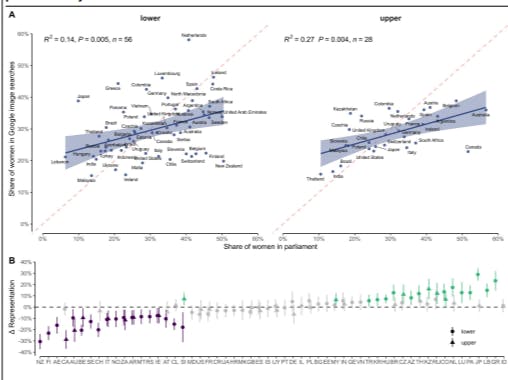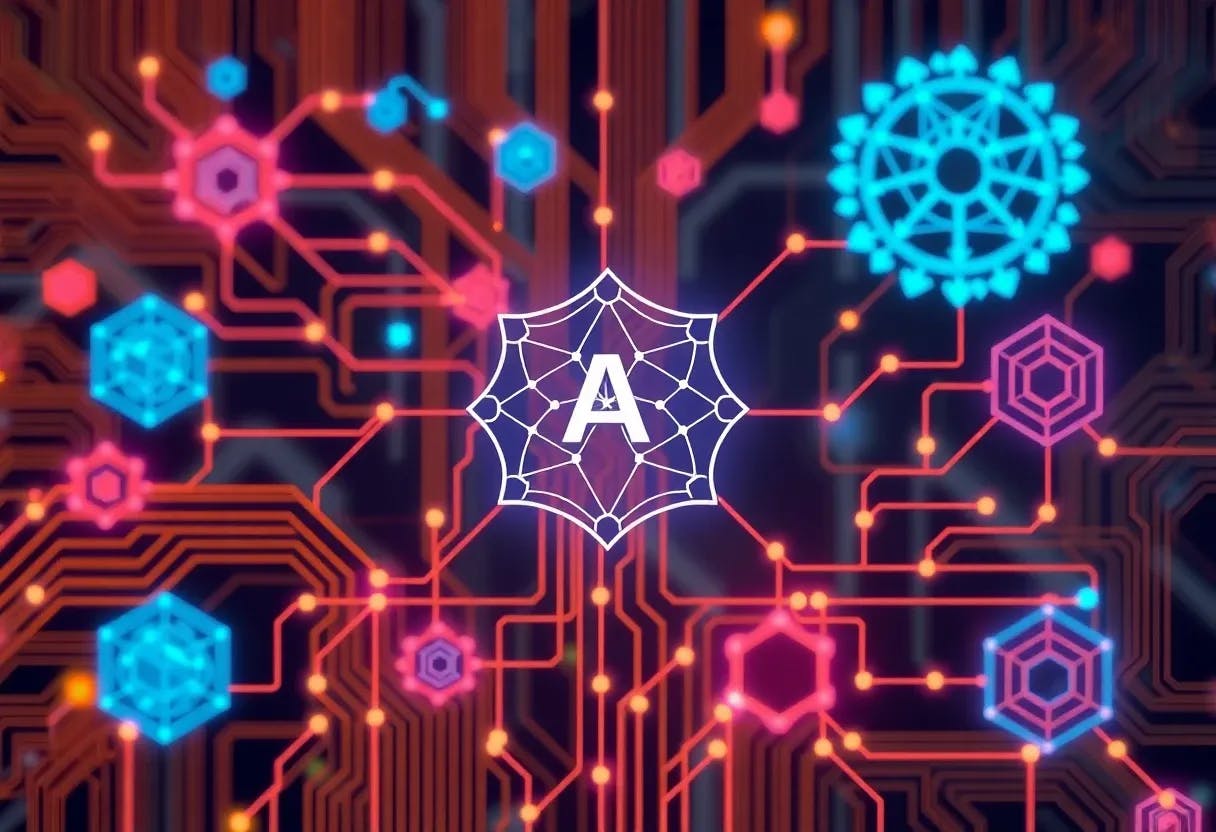
How Search Engines Reinforce Who We See as “Political”
16 Nov 2025
Search engines underrepresent women and minorities in politics, distorting voter perception and reinforcing systemic bias, new research shows.

Are Women Visible Enough Online? An Analysis of Gender Representation in Google Image Search Results
16 Nov 2025
Global audits reveal that Google image searches consistently underrepresent women in politics, exposing how algorithms mirror and magnify gender bias.

How Search Engines Reinforce Gender Gaps in Political Representation
16 Nov 2025
How search engines underrepresent women in politics—and how this algorithmic bias shapes public perception, electability, and democratic power.

How AI Search Reinforces Gender and Racial Bias in Politics
16 Nov 2025
AI-driven search engines underrepresent women and non-white politicians, reshaping public perception and reinforcing inequality, new research shows.

Evaluating Attribute Association Bias in Latent Factor Recommendation Models
11 Nov 2025
How bias hides inside recommendation algorithms—and what new techniques reveal about gendered patterns in user embeddings.

Can We Ever Fully Remove Bias from AI Recommendation Systems?
11 Nov 2025
Removing gender from AI models doesn’t erase bias. Learn how systematic stereotypes persist in recommendation systems despite feature removal.

Why Gender Bias Persists in Machine Learning Models
11 Nov 2025
Even after removing gender data, bias lingers in AI. Here’s what latent space analysis reveals about hidden bias in machine learning models.

That Time We Found Gender Bias Hidden in a Podcast Recommendation System
10 Nov 2025
Quantitative case study revealing how gender bias forms in podcast recommendation systems — and what it means for ethical AI.

A Practical Framework for Auditing Bias in Recommendation Algorithms
10 Nov 2025
A four-step framework to audit, measure, and flag bias in AI recommendation systems using disaggregated evaluation techniques.
